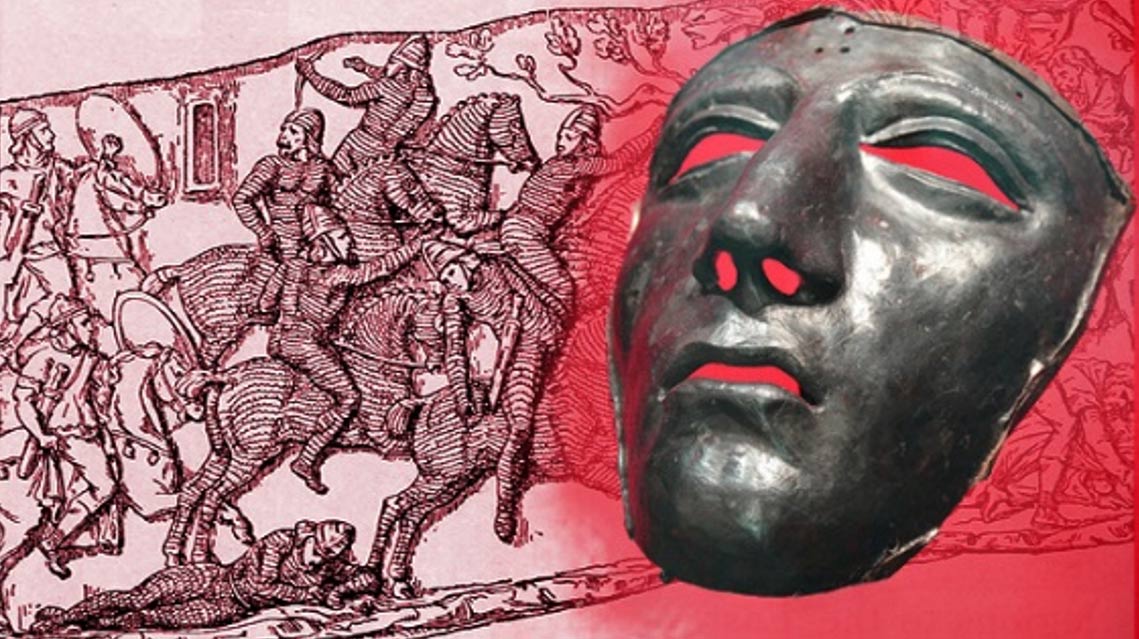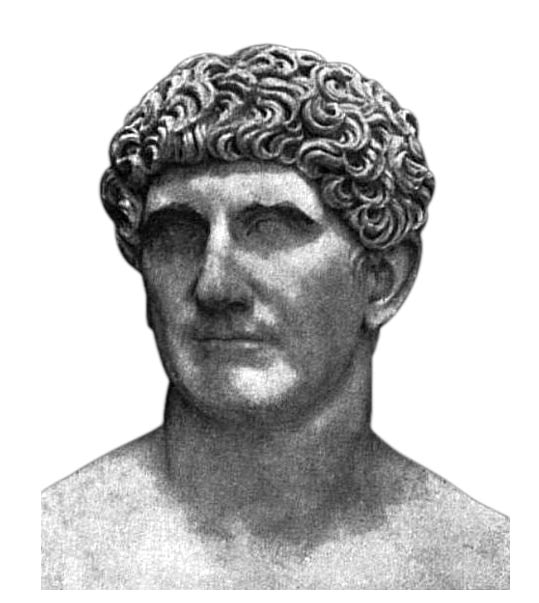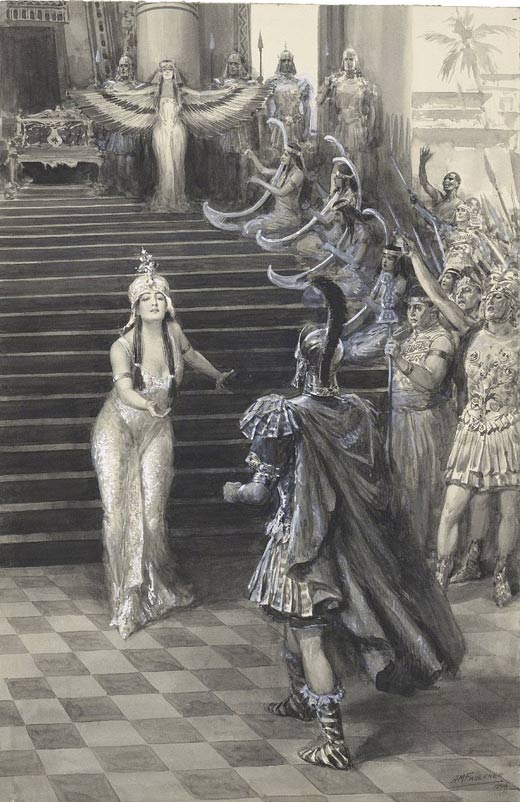
Antony's Parthian War: Politics and Bloodshed between Empires of the Ancient World
After the crushing defeat of Marcus Licinius Crassus and the Roman army at the Battle of Carrhae, a campaign was planned by Roman leaders such as statesman Julius Caesar and General Marcus Antonius (Mark Antony) to drive east, conquer, and secure the Parthian Empire once and for all.
Mark Antony was a Roman politician and general, who was a member of the Second Triumvirate. Like Crassus, before, Antony was enticed by the riches of the Far East and the potential glory it could bring through military conquest. This became known as Antony's Parthian War.
In 37 BC, Antony began preparations for war. His first act was a campaign to squash, replace, and consolidate many of the regions in Asia-Minor and along the Levant that were sympathetic to the republican cause or to Parthian rule. He made sweeping changes throughout the regions, establishing Darius in Pontus, Herod in Judea, Polemon in Cilicia, and Amyntas in Pisidia. However, these were just a fraction of the many changes that took place. Once his western flank was secure from possible rebellion, Antony set his eyes on Armenia.

Marcus Antonius (Antony). (Public Domain)
Blood and Treasure
Antony secured the various provinces in Asia-Minor under Roman hegemony, but he still had one basic issue stopping him from proceeding with his Parthian campaign: money. Antony was cash-strapped. Even those rulers Antony had established in Asia-Minor that were pro-Roman could offer little funding, for Asia was bankrupt.
In order to acquire the funds needed to pay for his grand expedition against Parthia, Antony turned to the age-old practice of debasement—lowering the value of coin by mixing the silver denarius with iron. But even this was not enough. Since taxation and inflation could not provide the funds Antony needed, his last option was borrowing.

Cleopatra greets Antony. She assists his war against Parthia. (CC BY-SA 4.0)
As he made his way towards Syria, he requested that Cleopatra, his love and financier of war, meet him in Antioch. Once Cleopatra reached Antioch, Antony exchanged provinces for money, particularly the provinces of “Phoenicia, Coele Syria, Cyprus, and a large part of Cilicia; and still further, the balsam-producing part of Judaea, and all that part of Arabia Nabataea which slopes toward the outer sea.”





